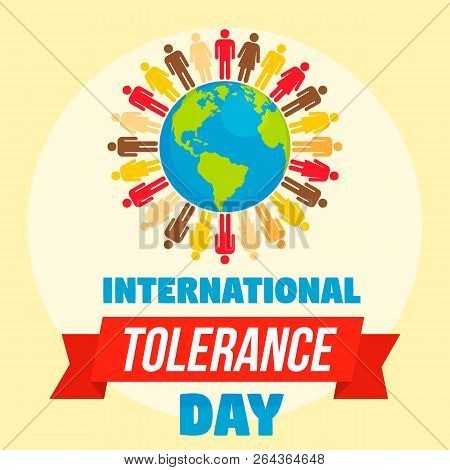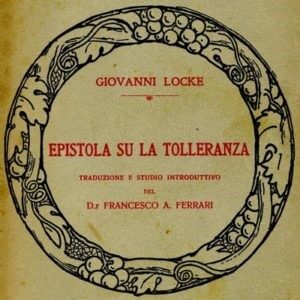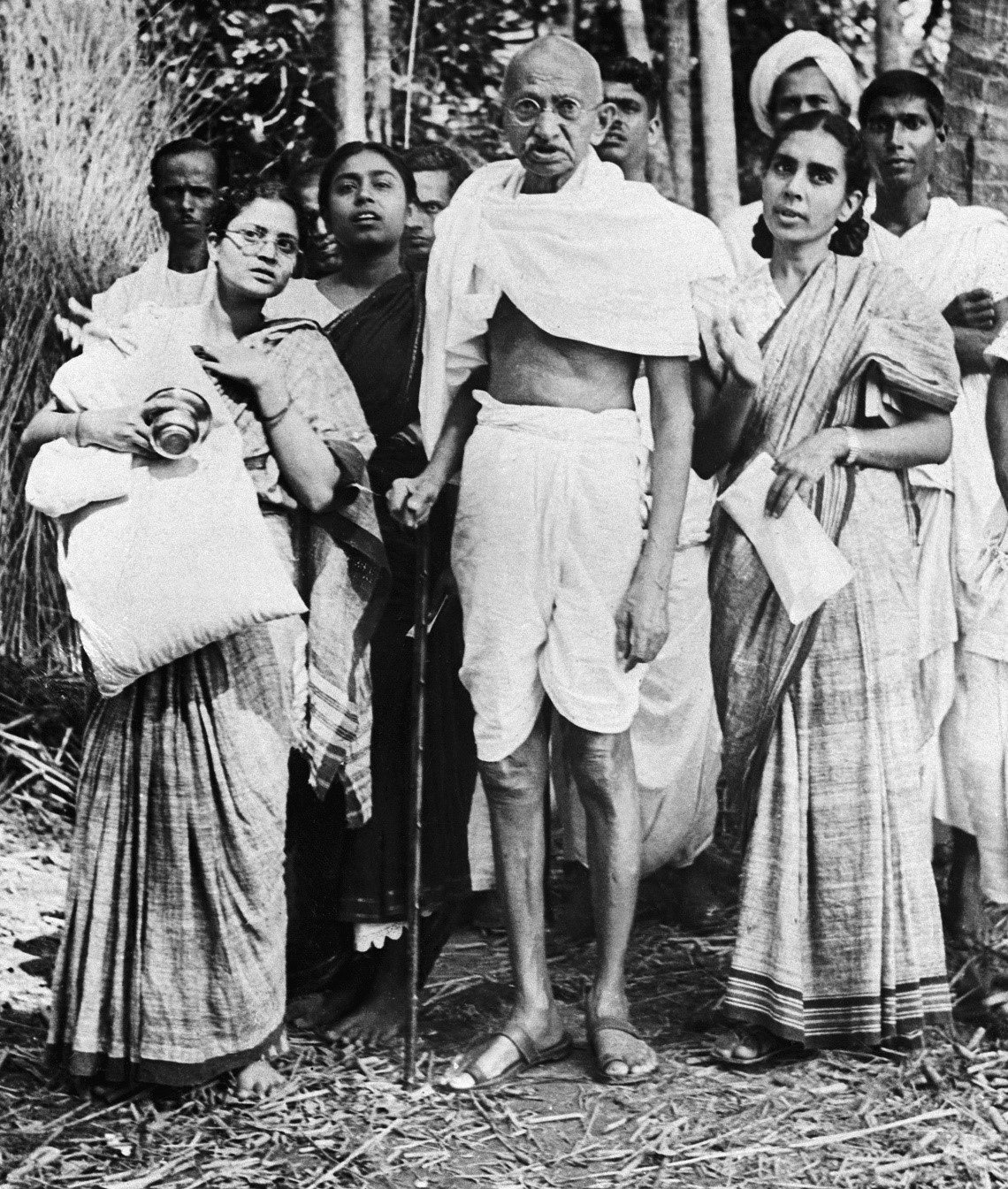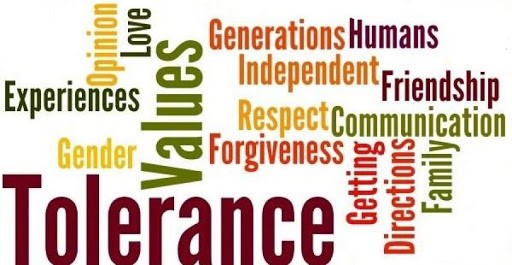
16th November – International Day of Tolerance
Foundations of mutual respect between people and communities
Proclaimed in 1995 by the United Nations to recall the inspiring principles of the Universal Declaration of Human Rights.

But it has ancient origins: already in 1685 the English philosopher John Locke wrote a Letter on Tolerance (Epistula de tolerantia) which was based on the contrasts between the different Christian communities in England and anticipated by at least a century the principle of religious freedom (later sanctioned towards the end of the 18th century by the Declaration of Independence of the United States of America and in France by the Declaration of Human and Citizen’s Rights).

Today we continue to be unfamiliar with this word. The word that seems to be the most common is “intolerance”: religious, political, cultural, racial, towards foreigners, towards opposing political factions, towards homosexuals, etc. If we look up the word “tolerance” in the dictionary, it is defined as the theoretical and practical attitude of those who, when it comes to religion, politics, ethics, science, art, literature or other moral principles in general, respect the convictions of others, even if they are profoundly different from their own, without preventing them from practising them.

Tolerance indicates the collective and individual ability to live peacefully with those who believe and act differently from their own. It is a value that should not be taken for granted but should be taught, nurtured and above all defended. It is no coincidence that one of the most famous philosophers in history, Karl Popper, wrote in the last century that if we extend unlimited tolerance to those who are intolerant, if we are not willing to defend a tolerant society against attacks by intolerants, then the tolerant will be destroyed and tolerance with them…
How to do it?
This is one of the main challenges of the present time!

